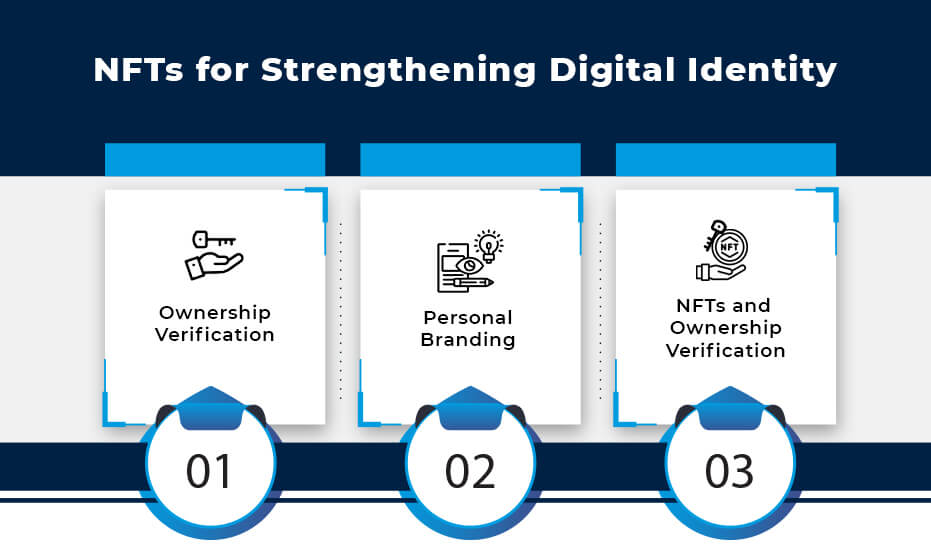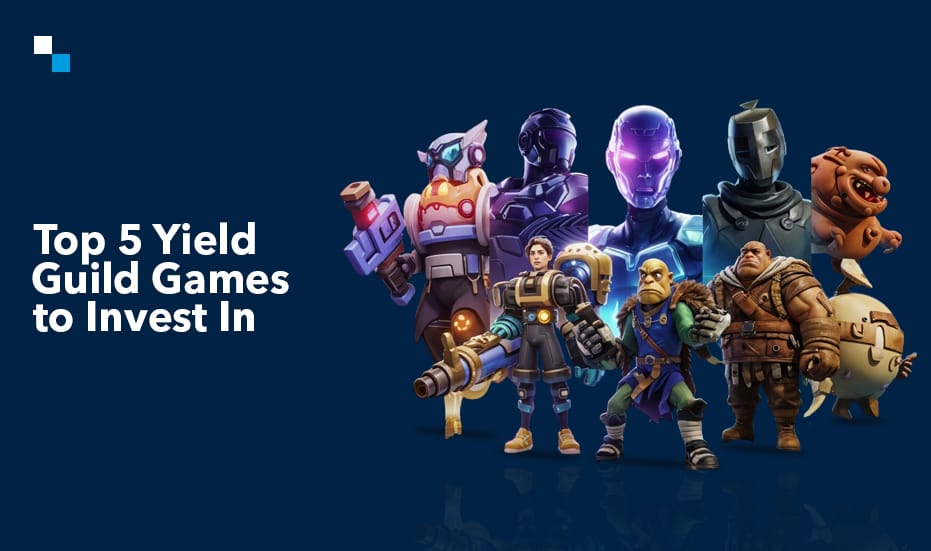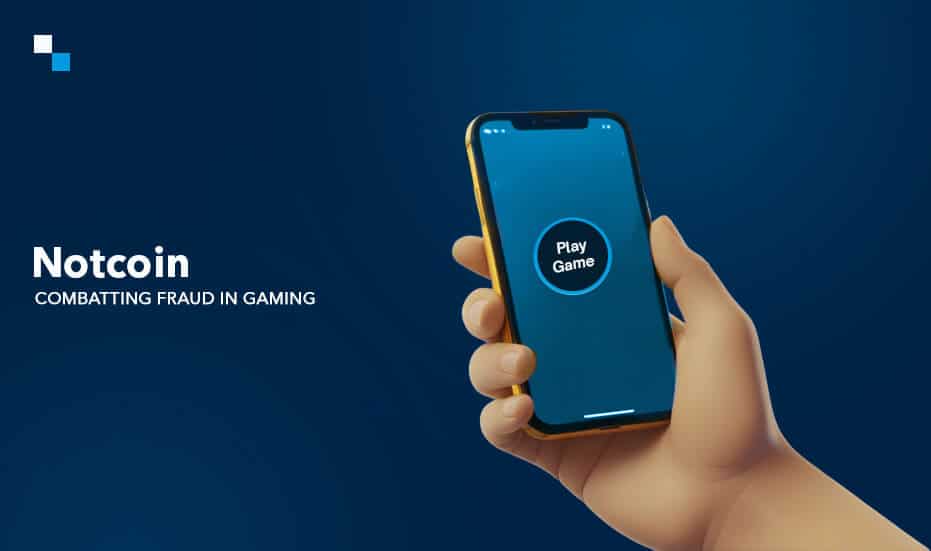
Navigating DeFi Safely: 9 Ways to Protecting Your Private Keys and Securing Your Financial Future
August 22, 2023
How to Leverage Crypto Market Making for Business Growth in 2023
August 23, 2023In a world where digital interactions have become the new normal, the concept of digital identity has never been more crucial. Enter the NFT development space, the revolutionary technology that is transforming the way we perceive and establish our online identities.
NFTs, a type of digital asset that represents ownership or proof of authenticity, have taken the world by storm, offering a new level of security and uniqueness to digital assets. From art and collectibles to virtual real estate and even music, NFTs have paved the way for creators and consumers to truly own and monetize their digital creations. But what does this mean for the future of digital identity?
In this article, we will explore how NFT development is reshaping the landscape of digital identity, empowering individuals to take control of their online presence like never before. Join us as we delve into the exciting world of NFTs and decentralized identity and unlock the limitless possibilities they hold for the future.
The Importance of Digital Identity in Today’s Tech-Driven Age
Digital identity refers to the collection of data that represents an individual’s online presence, including personal information, social media profiles, online activities, and more. It serves as a means of establishing trust, verifying authenticity, and enabling secure transactions in the digital realm.
However, traditional methods of managing digital identity often fall short, with issues such as identity theft, data breaches, and lack of control over personal information.
Let’s dive deeper into the true potential of NFT digital identity.
How NFTs are transforming digital identity
NFTs have the potential to revolutionize digital identity by providing a secure and decentralized means of establishing and verifying ownership and authenticity. Decentralized identity (DID) is a system that allows individuals to control their own digital identity data. This data is stored on a blockchain, which is a secure and tamper-proof ledger. DIDs are not controlled by any central authority, which means that individuals have more control over their own data.
NFTs and decentralized identity becomes an ideal match as NFT development can be used to create a secure and verifiable way to identify individuals.
Here are some of the benefits of using NFTs for decentralized identity:
- Security: NFTs are stored on a blockchain, which is a secure and tamper-proof ledger. decentralized identity in NFTs makes the entire system less vulnerable to fraud and theft than traditional digital identity systems.
- Privacy: Individuals have more control over their own data with decentralized identity. They can choose what data to share and with whom.
- Efficiency: Decentralized identity can be more efficient than traditional digital identity systems. Smart contracts can automate the verification of identity data, which can save time and money.
- Interoperability: NFTs and decentralized identity can be interoperable with other systems. This means that individuals can use their digital identity across different platforms and applications.
Let’s now explore how NFTs are reshaping the landscape of digital identity!

1. Decentralized Identity Systems
With traditional digital assets, such as images or music files, it can be difficult to determine the original creator or verify the authenticity of a particular piece. NFTs solve this problem by linking the ownership and provenance of a digital asset to a unique token on the blockchain.
By attaching an NFT to a digital asset, creators can establish a verifiable record of ownership, ensuring that their work is protected from plagiarism or unauthorized use. This not only provides a level of security for creators but also allows for the potential monetization of their digital creations through sales or licensing.
2. NFTs and personal branding
In the digital age, personal branding has become increasingly important for individuals looking to establish their online presence. NFTs offer a unique opportunity for individuals to create and monetize their personal brand by tokenizing their digital assets.
For example, a photographer could create NFTs for their best works and sell them directly to collectors, allowing them to retain control over their art and earn a fair share of the profits. This not only empowers creators to take control of their own digital identity but also opens up new avenues for revenue generation in the digital realm.
3. NFTs and decentralized identity systems
Traditional methods of managing digital identity often rely on centralized systems, such as social media platforms or government-issued identification documents. These centralized systems can be prone to security breaches, data leaks, and lack of user control over personal information.
NFTs have the potential to enable decentralized identity systems, where individuals have full control over their own digital identity and can choose what information to share and with whom. By using NFTs as a form of digital identity, individuals can establish a secure and immutable record of their online presence, without relying on centralized intermediaries.
Develop NFT Solutions from Scratch with Our Certified NFT Experts
[widget id=”custom_html-3″]
How can NFTs be used for Authentication?
NFTs can be used to authenticate a wide variety of digital and physical assets, including digital art, collectibles, event tickets, and physical goods. When an NFT is minted for an asset, it creates a unique digital token that is linked to that asset. This token is stored on the blockchain, and it cannot be replicated. This means that the asset can be easily verified as authentic, and its ownership can be tracked throughout its lifetime.
NFTs are a powerful tool that can be used to combat counterfeiting and fraud. They provide a secure and transparent way to authenticate assets, and they are cost-effective to use. As a result, NFTs are becoming increasingly popular for authentication purposes.
- Digital art and collectibles
When an artist mints an NFT for their digital art, they are essentially creating a unique digital token that represents the artwork. This token is stored on the blockchain, and it cannot be replicated. This means that the artist can be sure that their artwork is authentic, and buyers can be sure that they are not buying a counterfeit. - Physical goods
NFTs can also be used to authenticate physical goods. For example, a luxury watch manufacturer could mint an NFT for each watch they produce. The NFT would be linked to the watch’s serial number, and it would store information about the watch, such as its make, model, and serial number. This information could then be scanned by a buyer using a QR code reader or NFC tag reader. If the information matches the information on the NFT, then the buyer can be sure that the watch is authentic. - Event tickets
NFTs can also be used to authenticate event tickets. For example, a concert promoter could mint an NFT for each ticket they sell. The NFT would be linked to the ticket’s barcode, and it would store information about the event, such as the date, time, and location. This information could then be scanned by a security guard at the event entrance. If the information matches the information on the NFT, then the security guard can be sure that the ticket is valid and has not been counterfeited.
- Supply chain management
NFTs can also be used to track the authenticity and provenance of products throughout the supply chain. For example, a food manufacturer could mint an NFT for each batch of food they produce. The NFT would be linked to the batch’s serial number, and it would store information about the batch, such as its production date, ingredients, and destination. This information could then be scanned by a food inspector at any point in the supply chain. If the information matches the information on the NFT, then the food inspector can be sure that the food is authentic and has not been tampered with.
The future of NFT digital identity
As NFTs continue to gain traction and evolve, their impact on digital identity is expected to grow significantly. Here are some potential future developments to be expected across the NFT and decentralized identity space:
- Interoperability: Currently, most NFTs are tied to specific blockchain networks, limiting their transferability and interoperability. In the future, we may see the development of cross-chain solutions that enable NFTs to be seamlessly transferred between different blockchain networks, increasing liquidity and accessibility.
- Enhanced privacy and security: As the technology matures, we can expect to see advancements in privacy and security features for NFTs. This could include the integration of zero-knowledge proofs or other cryptographic techniques to protect sensitive information while still providing verifiable ownership and authenticity.
- Integration with virtual reality and augmented reality: NFTs have the potential to bridge the gap between the digital and physical worlds. In the future, we may see the integration of NFTs with virtual reality and augmented reality experiences, allowing users to interact with their digital assets in immersive and engaging ways.
Conclusion
Decentralized identity in NFTs is revolutionizing the concept of digital identity, offering a new level of security, ownership, and authenticity to digital assets. By leveraging blockchain technology, NFTs enable individuals to establish verifiable ownership, monetize their digital creations, and take control of their online presence like never before.
While there are challenges and concerns surrounding NFTs and digital identity, the potential benefits are vast. From artists and musicians to businesses and individuals, NFTs provide a unique opportunity to unlock the future of digital identity and reshape the way we perceive and interact with the digital world.
As technology continues to evolve, it is important for individuals and organizations to stay informed and adapt to the changing landscape of digital identity. By embracing the potential of NFTs and understanding their impact, we can unlock new possibilities and empower ourselves to thrive in the digital age.
Be a part of this revolution and take your digital journey to the zenith with Antier! We are a globally recognized and trusted NFT development company with a diverse portfolio of catering to multiple industry verticals.
Get a free consultation with subject matter experts now!



